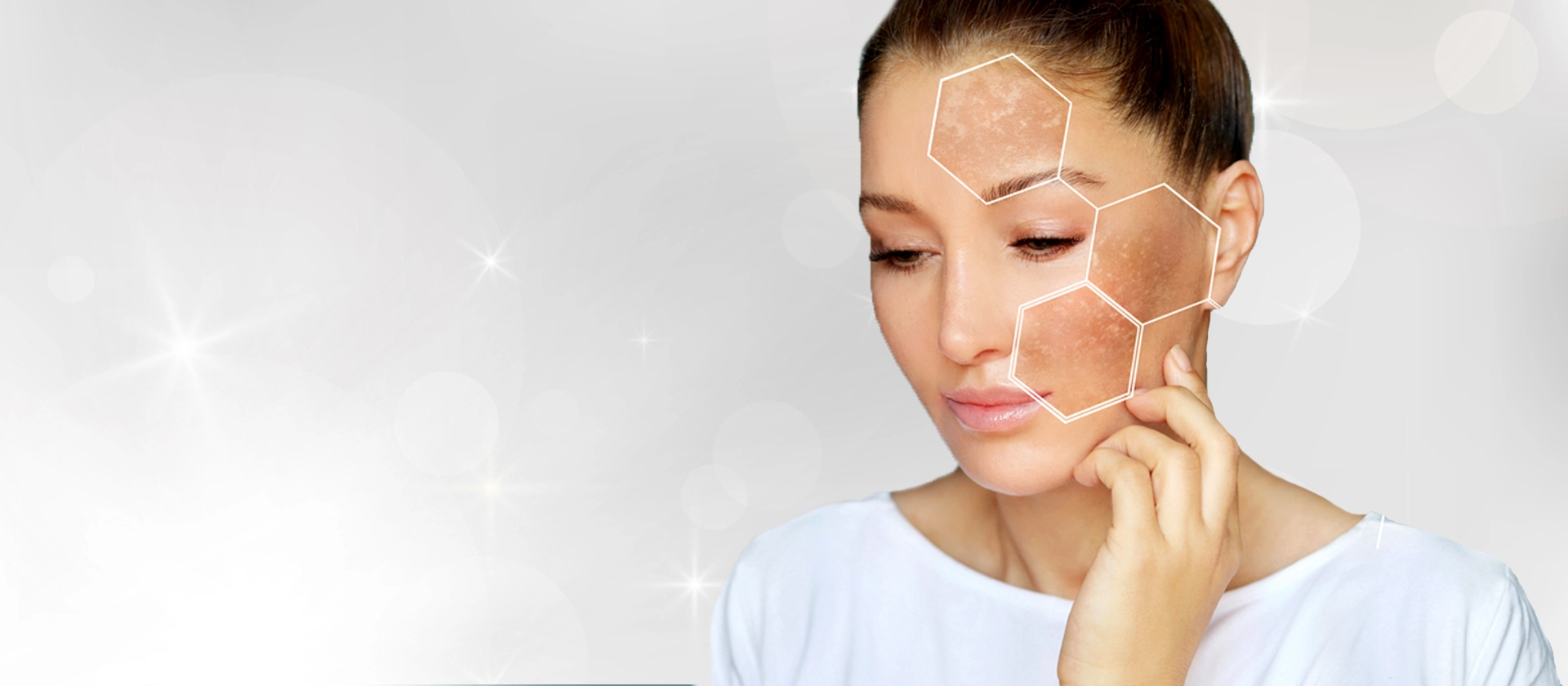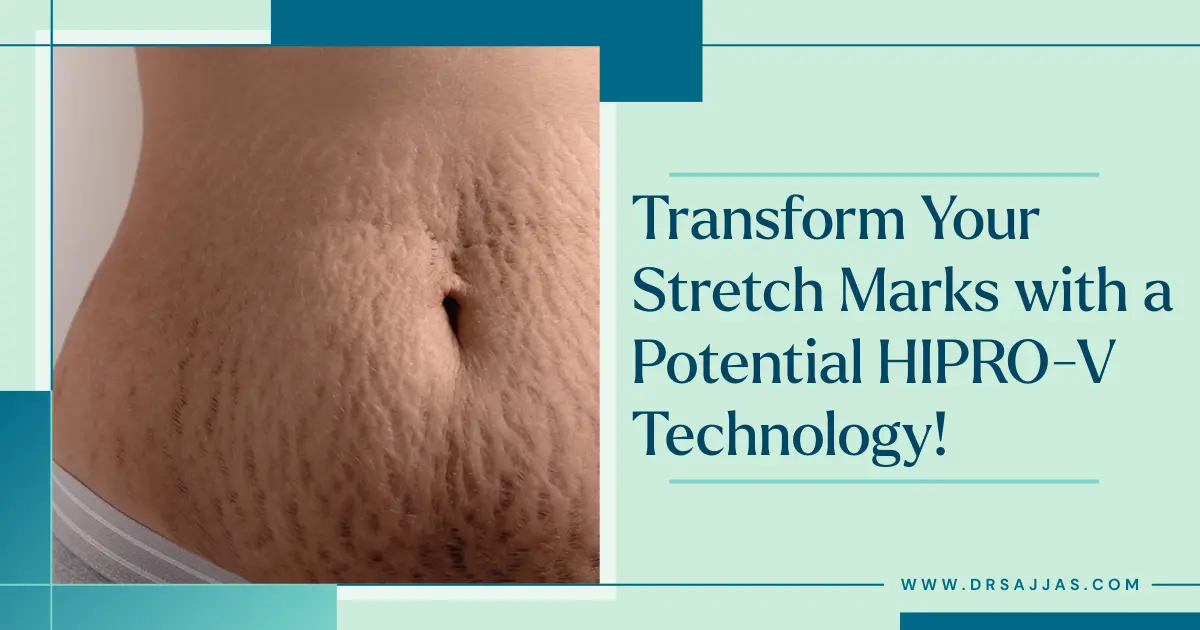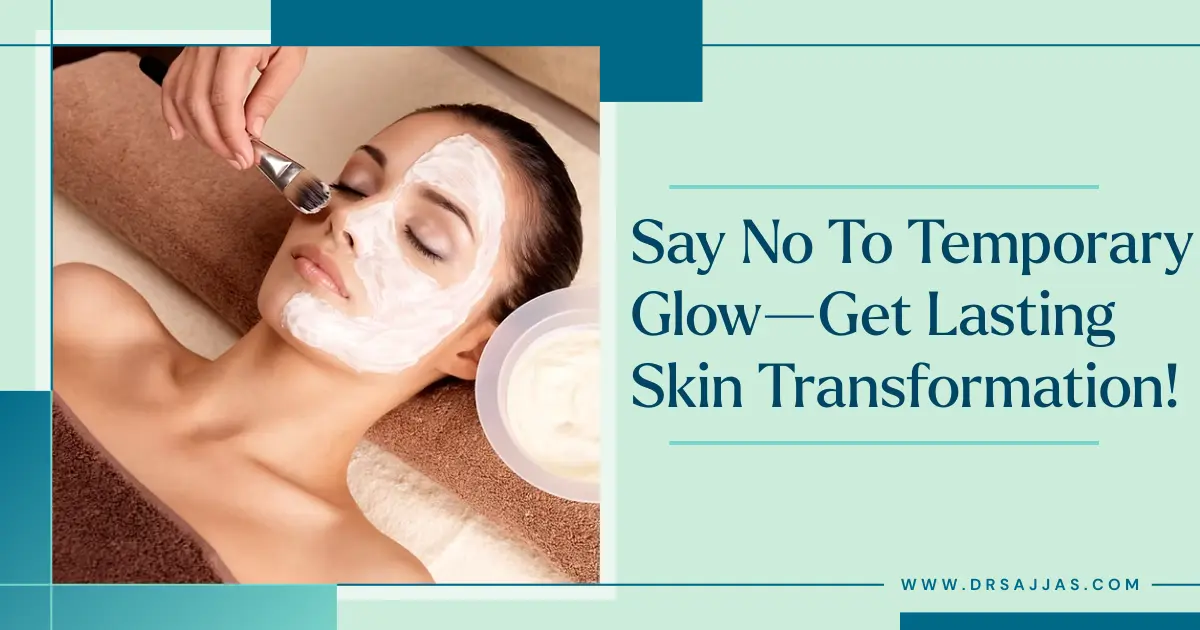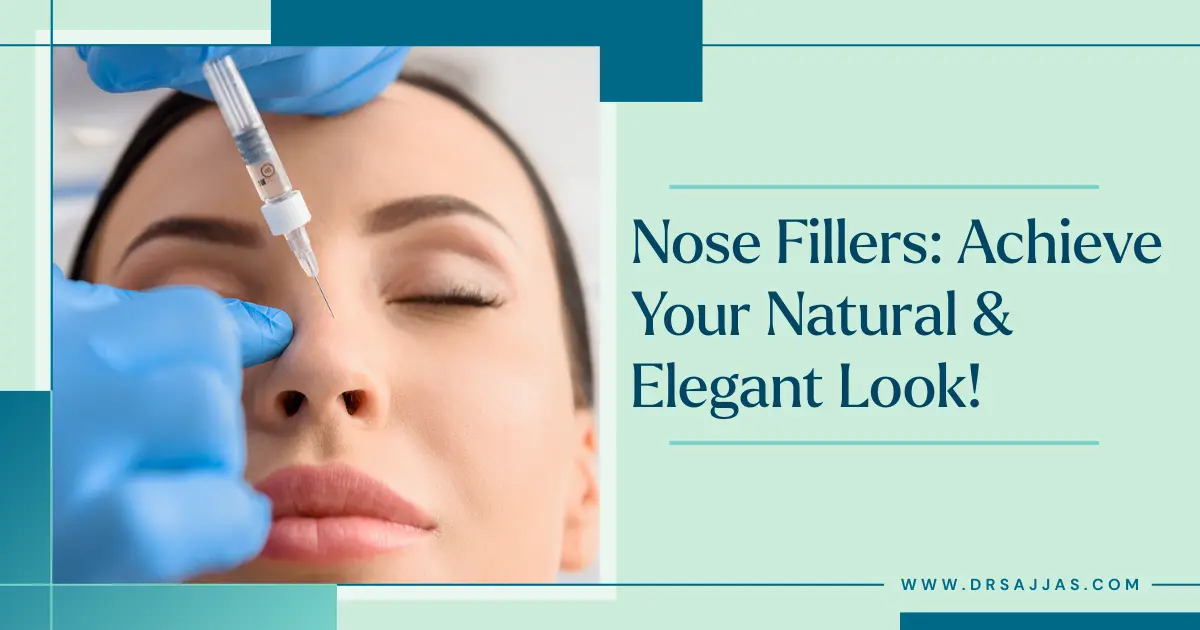
Pigmentation, a common skin concern, has intrigued and puzzled many. What is the reason for pigmentation? This question lingers in the minds of individuals seeking a clear understanding of the factors contributing to skin discolouration. In this comprehensive guide, we delve into the intricacies of pigmentation, shedding light on its causes and unveiling effective solutions.
Understanding Pigmentation
Pigmentation is the process that gives colour to the skin, hair, and eyes. It results from melanin production, a pigment responsible for the variation in skin tones. Understanding the intricacies of melanin formation is crucial in deciphering the underlying causes of pigmentation issues.
Factors Influencing Pigmentation
1. Sun Exposure
One of the primary contributors to pigmentation is prolonged exposure to the sun’s harmful ultraviolet (UV) rays. Sun exposure increases melanin production, leading to dark spots, commonly known as sunspots or age spots.
2. Hormonal Changes
Hormonal fluctuations, especially during pregnancy or while taking contraceptives, can induce pigmentation issues. This phenomenon, often called melasma, results from increased melanin production during hormonal changes.
3. Genetics
Genetic predispositions play a key role in identifying an individual’s vulnerability to pigmentation issues. Knowing your family’s medical history can offer important information on probable skin problems.
Lifestyle Factors
1. Diet
A well-balanced diet is beneficial to the general health of the skin. In the fight against pigmentation disorders, certain foods high in antioxidants and vitamins can assist. Incorporating whole fruits, vegetables, and grains into your diet might have a potentially beneficial effect on the appearance of your skin.
2. Skincare Habits
Inappropriate skincare routines can exacerbate pigmentation problems. Choosing the right skincare products and establishing a consistent routine tailored to your skin type can mitigate the risk of pigmentation.
Combating Pigmentation: Effective Solutions
1. Sun Protection
Protecting your skin from dangerous UV rays prevents and reduces pigmentation. Regular use of broad-spectrum sunscreen with high SPF can be a game-changer in preserving your skin’s health.
2. Topical Treatments
Incorporating topical treatments that contain substances such as retinoids, vitamin C, and alpha hydroxy acids can help decrease the formation of existing pigmentation and control further discolouration. The mixture of these elements provides a synergistic effect that helps promote skin renewal and even skin tone.
3. Professional Treatments
For more persistent pigmentation issues, seeking professional help is advisable. Procedures such as chemical peels, laser therapy, and microdermabrasion can target specific pigmented areas, providing more intensive and lasting results.
Conclusion
In conclusion, pigmentation arises from many factors, each requiring a tailored approach for effective management. Understanding the root causes and implementing a holistic skincare routine that includes protective measures, suitable products, and professional interventions can pave the way to clearer, radiant skin.
Are you thinking of getting worried about pigmentation problem? Do you have any queries about the pigmentation treatment?
The top skin specialist in Tirupati, Dr Prakash Sajja, is here to answer all your queries.
♥ Call Dr. Sajjas’s clinic at 9440830455 or fill out our Appointment form to get in touch!
♥ Follow our Social Media pages for recent updates. Facebook | Instagram



